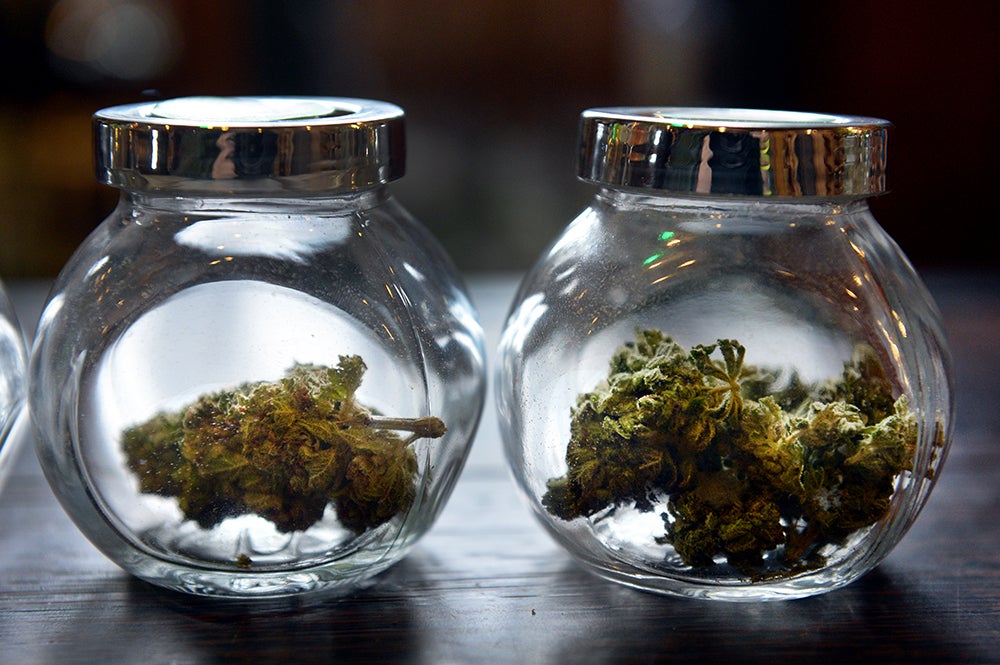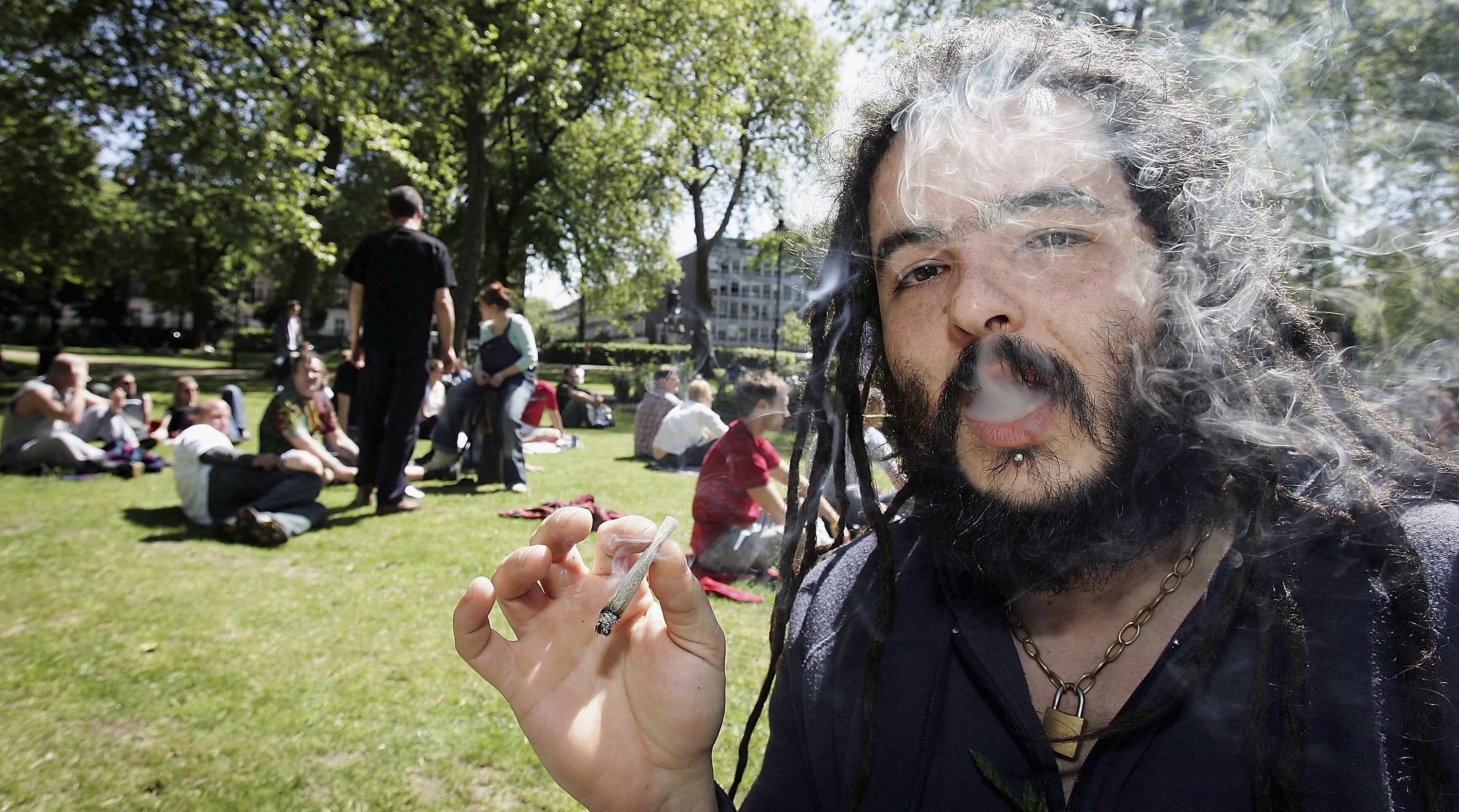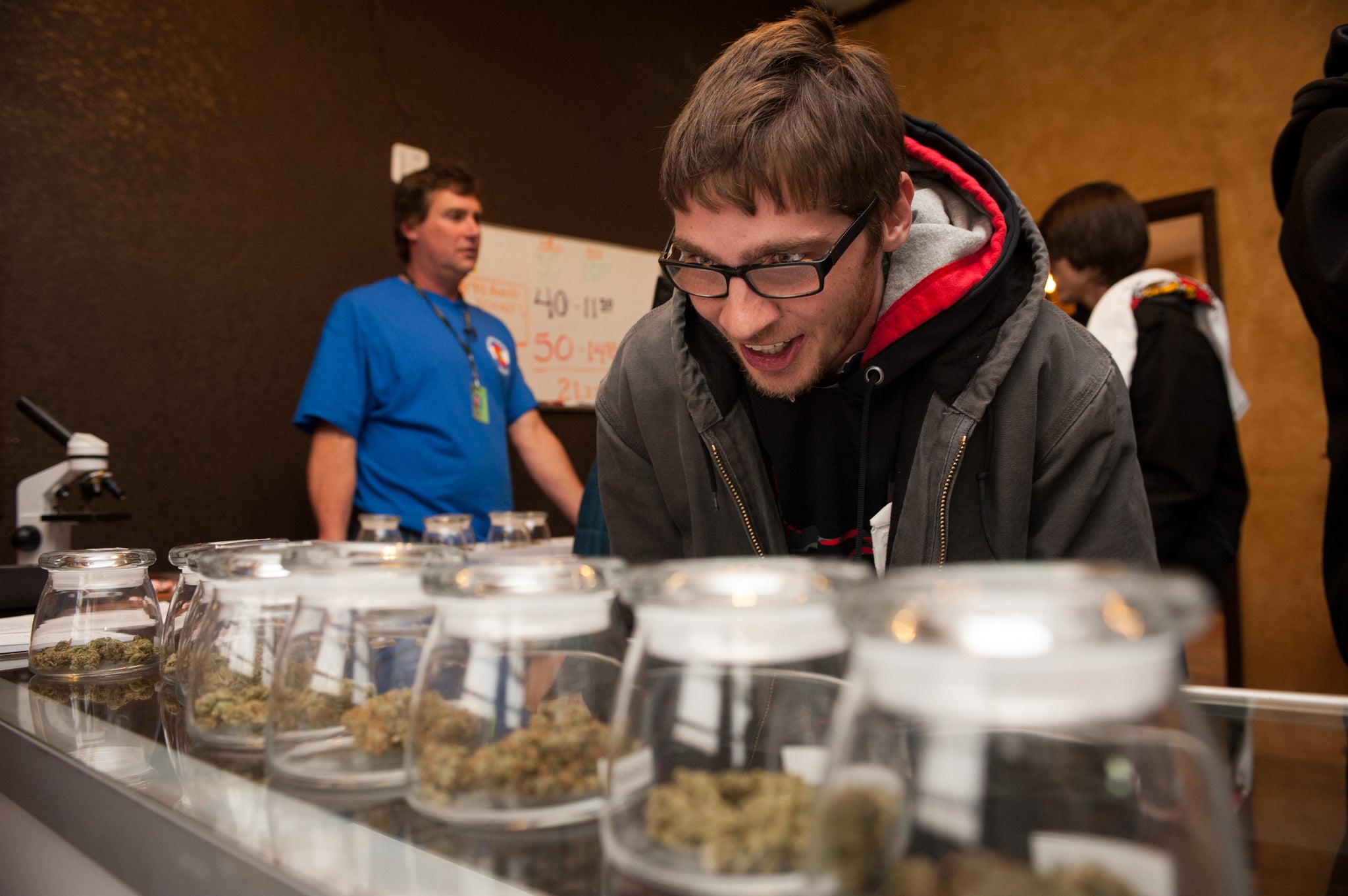Government issues damning response to 200,000-signature cannabis legalisation petition
The response said that 'cannabis can unquestionably cause harm to individuals and society'

Your support helps us to tell the story
From reproductive rights to climate change to Big Tech, The Independent is on the ground when the story is developing. Whether it's investigating the financials of Elon Musk's pro-Trump PAC or producing our latest documentary, 'The A Word', which shines a light on the American women fighting for reproductive rights, we know how important it is to parse out the facts from the messaging.
At such a critical moment in US history, we need reporters on the ground. Your donation allows us to keep sending journalists to speak to both sides of the story.
The Independent is trusted by Americans across the entire political spectrum. And unlike many other quality news outlets, we choose not to lock Americans out of our reporting and analysis with paywalls. We believe quality journalism should be available to everyone, paid for by those who can afford it.
Your support makes all the difference.The Government has issued a firm response to a parliamentary petition calling for the legalisation of cannabis, that reached over 200,000 signatures and will be considered for debate in parliament.
The petition that urges the Government to "make the production, sale and use of cannabis legal" has 203,466 signatures at the time of writing.
The text of the petition claims that the legalisation of cannabis "could bring in £900 million in taxes every year, save £400 million on policing cannabis and create over 10,000 new jobs."
The petition is the second most popular on the website, second only to one that calls for a debate on a no confidence vote in Health Secretary Jeremy Hunt.
Despite the petition's popularity, the Government has shut the door on the prospect of legalisation with their response.
It says: "The latest evidence from the independent Advisory Council on the Misuse of Drugs is that the use of cannabis is a significant public health issue"
"Cannabis can unquestionably cause harm to individuals and society. Legalisation of cannabis would not eliminate the crime committed by the illicit trade, nor would it address the harms associated with drug dependence and the misery that this can cause to families."
"Legalisation would also send the wrong message to the vast majority of people who do not take drugs, especially young and vulnerable people, with the potential grave risk of increased misuse of drugs."

In a brief glimmer of hope for legalisation supporters, the Government recognises the "potential opportunity" to raise money through the taxation of cannabis.
However, they add that there would be costs related to "administrative, compliance and law enforcement activities" that they claim would not make legalisation worthwhile.
The Government ends its response by saying "we must prevent drug use in our communities," and adds that the downward trend in drug use over the last decade is a result of tough laws against drugs.
However, the Government's damning response to the petition jars with increasing levels of decriminalisation and legalisation around the world.

Ron Hogg, the Durham Police and Crime Commissioner, said in July that cannabis users who possess or grow small amounts of the drug for their own personal use are "not a priority" for his force. He said that blatant use or complaints would cause them to take action, but penalties would ideally be focused on rehabilitation, not punishment.
The use, possession, sale and cultivation of cannabis is illegal under American federal law, but the states of Colorado, Washington, Alaska and Oregon have legalised sale and possession for medical and recreational use.
20 other states have legalised or decriminalised medical use to varying degrees. In April, a US government-funded study recognised the ability of cannabis to shrink some kinds of tumour.
According some surveys, 52 per cent of the public supports the legalisation of cannabis - however, the Government has typically taken a strong line against liberalisation of drugs laws.
In 2009, Government drugs adviser Dr David Nutt was forced to resign after he stated his view that cannabis, ecstacy and LSD were less harmful than alcohol and tobacco.
Citing studies that have suggested a link between cannabis use and certain mental health problems, the Government's position on cannabis legalisation looks unlikely to change.
Any petition on the government's official website that receives over 100,000 signatures will be considered for a debate in parliament. It will now take 31 days for a debate date on cannabis legalisation to be announced.
Join our commenting forum
Join thought-provoking conversations, follow other Independent readers and see their replies
Comments